Invoice
What is an Invoice?
An invoice is a document sent by a freelancer, contractor, or business to a client requesting payment for services rendered or products delivered. It includes details such as the items or services provided, the amount due, payment terms, and due date. Invoices serve as a formal request for payment and provide a record of the transaction for both the sender and the recipient.
Why is an Invoice Important?
Invoices are important because they ensure that freelancers and businesses get paid for their work. They provide a clear and detailed record of the services or products provided, the amount owed, and the payment terms. This helps avoid misunderstandings and disputes about payment.
Invoices also help in managing finances and accounting. They provide a documented trail of income, which is essential for tracking cash flow, preparing financial statements, and filing taxes. Additionally, professional invoices enhance the credibility and professionalism of a business.
Best Practices for Creating and Managing Invoices
1. Include Essential Information
Ensure that your invoice includes all essential information, such as your business name and contact details, the client's name and contact details, an invoice number, the date of the invoice, a description of the services or products provided, the amount due, and payment terms.
2. Use Clear and Professional Formatting
Use clear and professional formatting for your invoices. A well-designed invoice is easy to read and understand. Use a consistent layout, include your logo, and use professional fonts and colors. Professional formatting enhances your brand image.
3. Specify Payment Terms
Clearly specify the payment terms, including the due date, accepted payment methods, and any late fees or discounts for early payment. Clear payment terms help manage client expectations and ensure timely payments.
4. Itemize Services or Products
Provide a detailed breakdown of the services or products provided, including quantities, rates, and any applicable taxes. Itemizing helps clients understand the charges and reduces the likelihood of disputes.
5. Use Invoice Software
Use invoicing software to streamline the creation, management, and tracking of invoices. Tools like QuickBooks, FreshBooks, and Zoho Invoice offer features such as automated invoicing, payment reminders, and financial reporting. Invoicing software improves efficiency and accuracy.
6. Send Invoices Promptly
Send invoices promptly after completing the work or delivering the products. Timely invoicing helps maintain cash flow and increases the likelihood of prompt payment. Delayed invoicing can lead to delayed payments and cash flow issues.
7. Follow Up on Late Payments
Monitor your invoices and follow up on any late payments. Send polite reminders to clients who have missed the payment due date. Persistent follow-up helps ensure that you receive the payments owed to you.
8. Keep Accurate Records
Maintain accurate records of all invoices sent, payments received, and any outstanding amounts. Accurate record-keeping is essential for financial management, tax preparation, and resolving any payment disputes.
9. Provide Multiple Payment Options
Offer multiple payment options to make it easier for clients to pay you. Common payment options include bank transfers, credit cards, PayPal, and other online payment platforms. Providing flexibility can lead to faster payments.
10. Ensure Legal Compliance
Ensure that your invoices comply with any legal requirements in your jurisdiction, such as including tax information, business registration details, or specific language. Legal compliance helps avoid issues and ensures the validity of your invoices.
By following these best practices, you can create and manage invoices effectively, ensuring timely payments, maintaining accurate financial records, and enhancing your business's professionalism and credibility.
For more terms, return to the content marketing glossary and freelance writing glossary.

